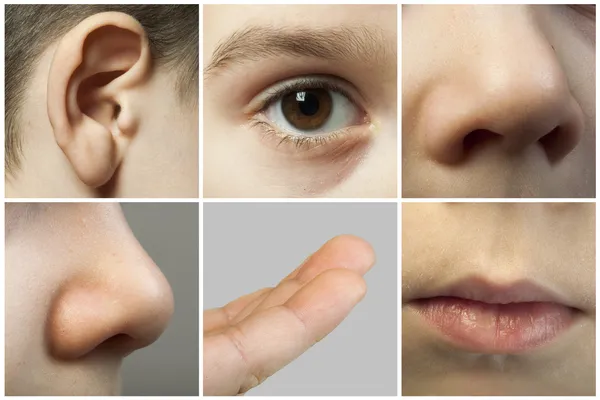The thought of losing one’s sense organ has crossed the mind of every person with no disability at least once. Our sense organs include the eyes to see, nose to smell, tongue to taste, skin to feel, and ears to hear.
Taking care of your senses is vital for your health and ability to live a long promising life. However, what steps can you take to ensure no damage to your sensory organs? Continue reading to find healthy ways to prevent injury to the sense organs.
Healthy ways to prevent injury to the sense organs
The following are some of the things you can do or avoid in order to prevent injury to the sense organs.
Sight
Losing your vision – even if only partially – can be very daunting, thus affecting your daily activity. Fortunately, there are several procedures you can adopt to look after your eyes and keep your vision as sharp as possible and for as long as possible.
- Eat a healthy diet rich in vitamins and essential minerals. Your diet should include fruits, fish, green vegetables, and nuts. This can improve your eyesight naturally.
- Ensure to visit an optometrist at least once a year.
- Reduce screen time, especially at night.
- Avoid staring at the sun directly. The sun can permanently harm your eyes, so buy a beautiful pair you can wear when you want to go out when the sun is up.
- Don’t poke your eyes with dirty hands.
Taste & Smell
Since your sense of taste and smell are so closely linked, if you lose one, you’re likely to lose the other. As a result, preserving one sense can often safeguard both.
Some of the surest ways to keep both sense organs intact is to:
- Maintain healthy dental hygiene. Poor dental health can lead to taste and smell complications, especially in people with gum diseases.
- Brush you teeth twice a day, and floss regularly.
- It also helps to cut back on your salt intake. Excess salt consumption can permanently damage your taste buds and sense of taste.
- Don’t inhale harsh chemicals of toxins.
- Wear a nose mask when going out in harsh weather.
- Don’t pick your nose with sharp objects.
Hearing
Hearing loss is very prevalent in seniors; however, that doesn’t make it less challenging to cope with. Fortunately, hearing loss isn’t unavoidable – and there are steps you can follow to protect your ears.
One of the easiest to do is to avoid loud noises. The damage is permanent in most cases if your eardrum is affected by traumatic sounds. Your ears will last longer if they don’t have to work as hard. So, reduce the amount of noise you’re exposed to as much as feasible.
Other things you can do to protect your hearing include:
- Using earplugs around loud noises
- Turning the volume down
- Giving your ears time to recover
- Stop using cotton swabs in your ears
- Taking medications only as directed by a licensed physician
- Keeping your ears dry.
Consult a physician immediately if you think you’re losing your hearing. Hearing aids can help you fight hearing loss while also reducing the strain you put on your ears in the process.
Touch
As we become older, we lose our sense of touch for a range of reasons, including general loss of sensitivity, a shift in our nerve system, and changes in our skin. In addition, the loss of touch in humans is frequently caused by circulatory difficulties.
Make a conscious effort to stay active to combat this. Swimming, for example, employs all of your limbs and is excellent for circulation. It’s much better if you can do the activities outside. Sun exposure is necessary for optimum health! Always use sunscreen when going out in the sun, especially on delicate regions like your face and neck.
Bathe properly every day and apply a high-quality moisturizer to keep it in good shape. Keep your skin moisturized by drinking plenty of water. A balanced diet is necessary for all of your senses, but it’s especially critical for touch. A well-balanced diet not only fuels your neurological system but also leaves your body looking its best.








